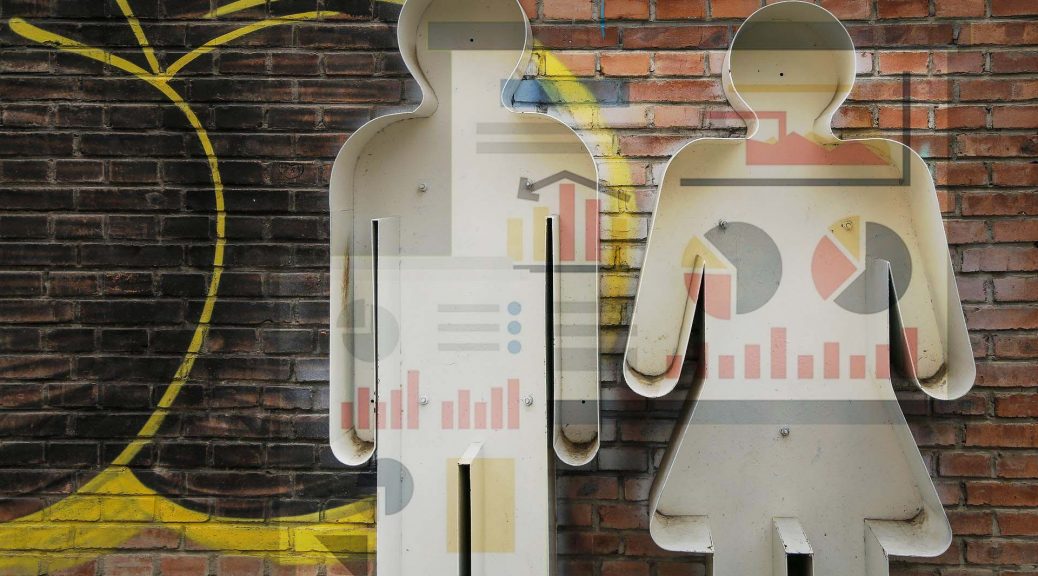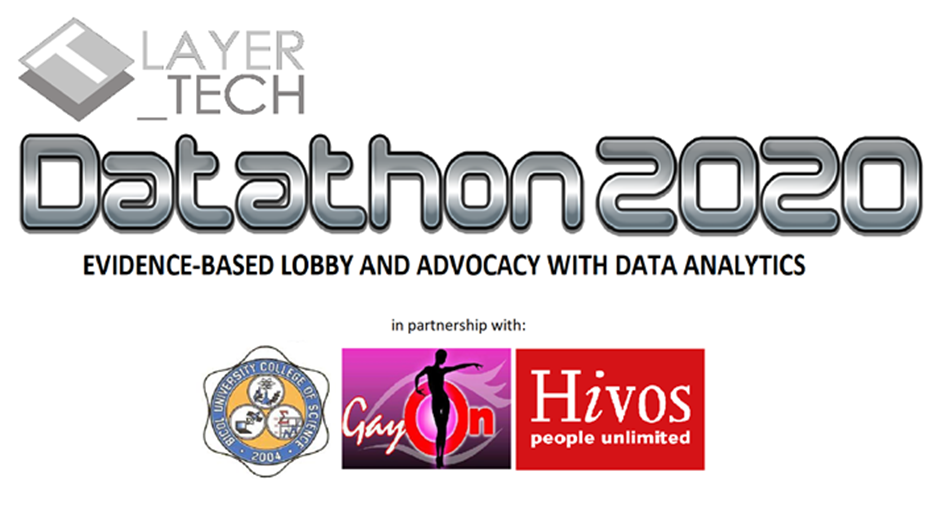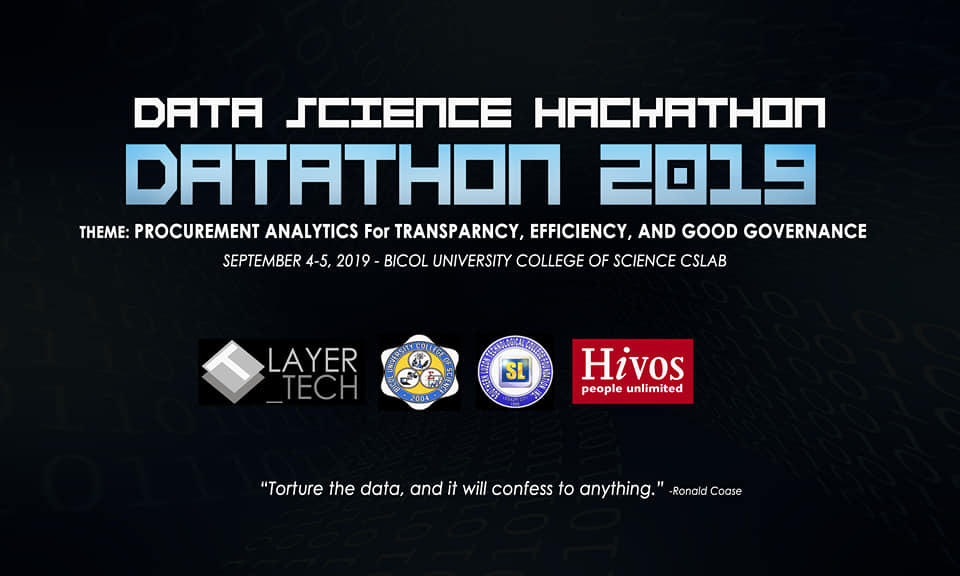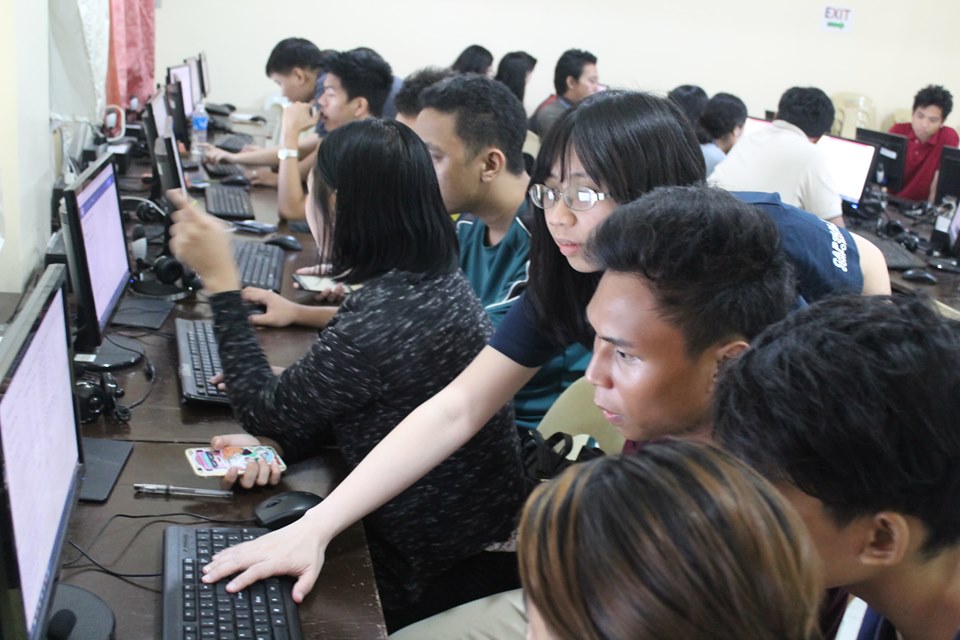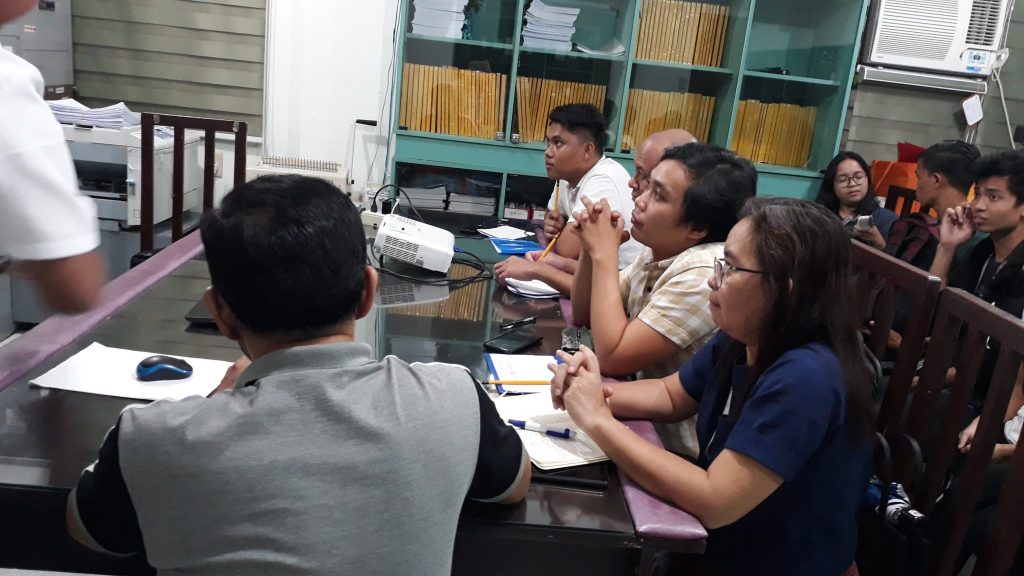Author: Mary Joy Canon (Bicol University)
Exploiting data through machine learning and analytics has been a trend solution in helping the government and other organizations alleviate pain in terms of social and economic aspects. Tools and methodologies in data analytics are used to generate insights, to recommend actions and more importantly to assist authorities in policy-making and translating these analyses to sound programs which directly benefit the people. Perhaps, different organizations through their projects have already contributed, through data science, to social development and welfare. Kaggle, for instance was able to predict poverty levels to identify where the highest need is for social welfare assistance. This kind of project wouldn’t have been possible without access to data.
In the Philippines, the aim of social development mandated under the Constitution is to enact measures to protect and enhance the right of the people to human dignity, reduce social and economic inequalities and remove cultural inequities. Open data and analytics offer significant contribution and opportunities for the government and other bodies to create social impact.
Humanitarian Data Exchange of OCHA publicly made available a consolidated dataset on social development from World Bank Open Data. Data covers child labor, refugees, gender issues and disparities with key topics on education, health, labor force participation and political participation. This compilation of data, once processed and analyzed can be utilized in projects for social impact. The analysis can serve as an aid to identify the social issues or concerns that need immediate action by making essential benefits and services more accessible to the people. Data scientists, government officials and social sector leaders can work together to come up with a data-driven solution to take a major step forward in providing social transformation.
This article is the author’s reflection on the insight gained from the recently concluded OCDex 2022 Public Data Analytics Fellowship Trainings.
For more information about the article, please reach out to the author: mjpcanon@bicol-u.edu.ph or Layertech labs support at learning@layertechlab.com






